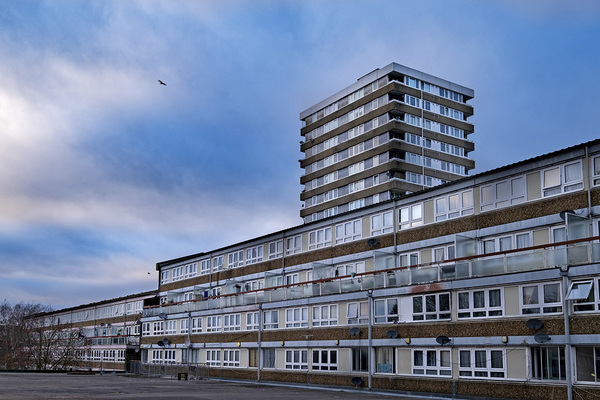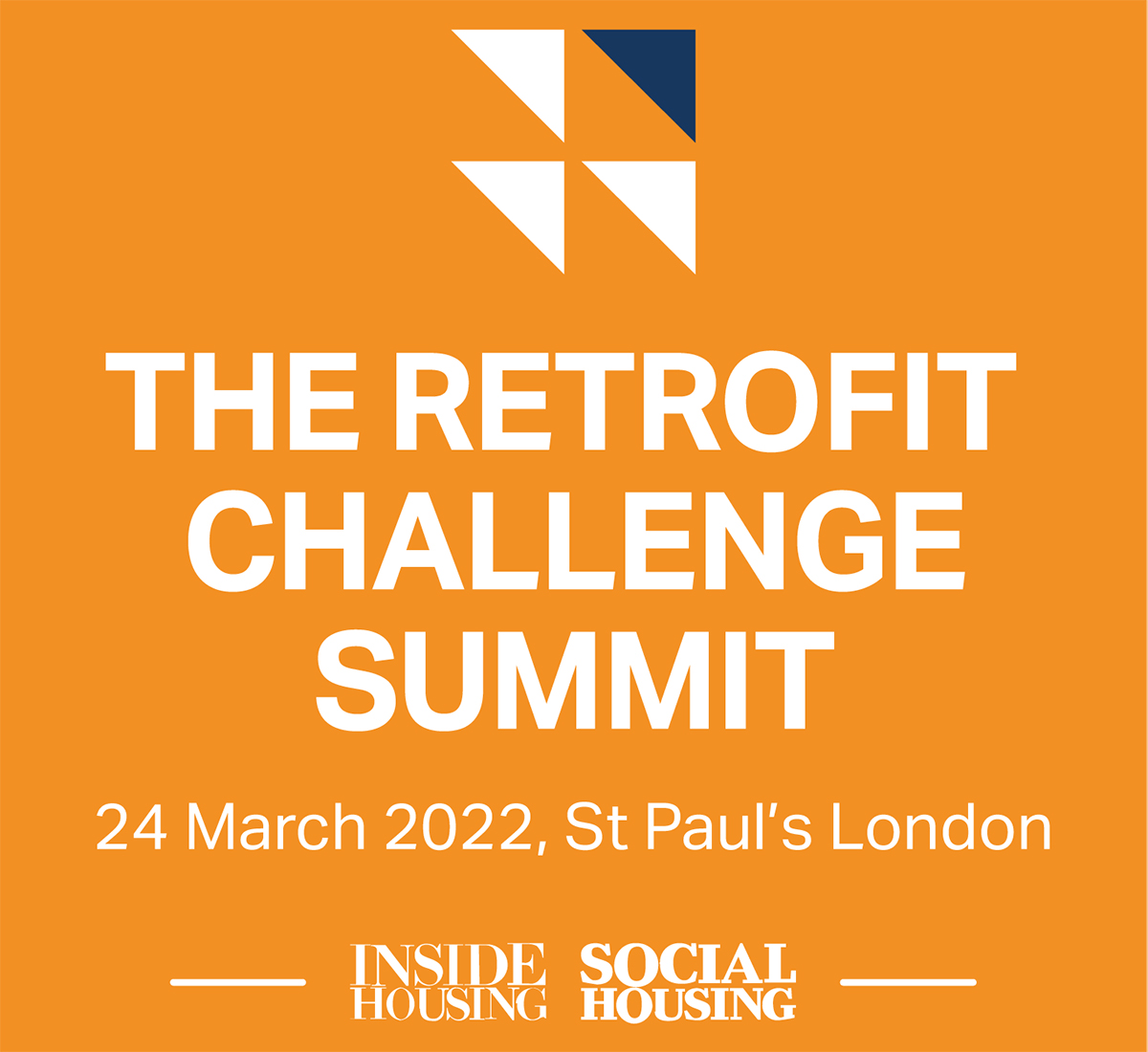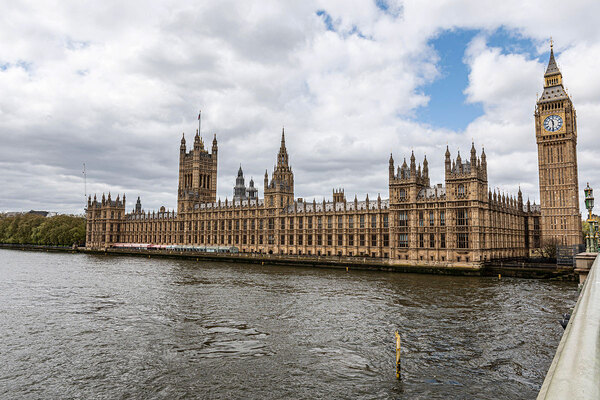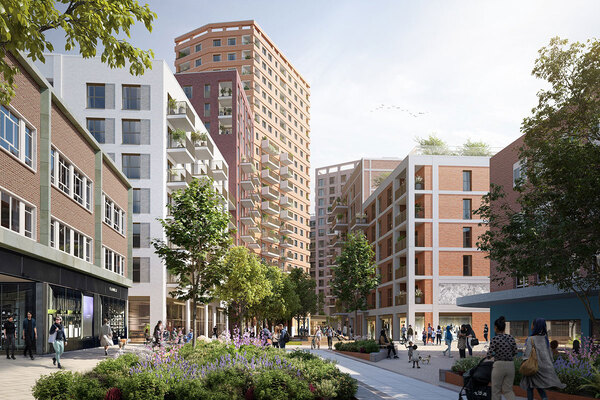‘Insufficient’ funding allocated to improve energy efficiency of social housing, committee finds
Insufficient funding has been allocated to improve the energy efficiency of social homes, the Climate Change Committee (CCC) has warned.
The CCC made the comments in a report assessing the government’s Heat and Building Strategy, which it found to be “not yet comprehensive or complete”, saying that “significant delivery risks remain”.
The committee said that the strategy, which sets out how the government plans to dramatically reduce carbon emissions from the UK’s 30 million homes and workplaces, also needs to be updated to reflect the energy crisis.
The government released the long-awaited strategy in October.
Alongside it, a £3.9bn funding package was announced to help pay for the decarbonisation of heat from buildings up until 2025, including £800m for the Social Housing Decarbonisation Fund.
But among several policy gaps it identified, the CCC said there has been “insufficient public funding… allocated to improve the fabric efficiency of social homes”.
“Plans are not yet comprehensive or complete and significant delivery risks remain,” it said.
“Consultations need to move forward, followed rapidly by final decisions on policy design and effective implementation if the strategy’s ambitious goals are to be met,” the committee concluded.
Among the risks identified was a lack of clear policy on how the government intends to deliver on a third of its targeted carbon emission reductions by 2035.
The report said that the government’s plans to phase out gas boilers by 2035 “lack sufficient regulatory levers to drive the transition”.
It criticised the “late phase-out date for installation of new gas boilers”.
And it said that funding for the decarbonisation of public sector buildings up until 2025 currently “only covers around a third of what is needed” to achieve the government’s goal of reducing public sector building emissions by 75% from 2017 to 2037.
The committee set out five priorities for the government:
- Fill policy gaps including on home energy efficiency and funding to decarbonise public sector buildings
- Build on initial proposals for critical enablers such as skills, information, finance and governance
- Strengthen the co-ordination of the UK strategy with devolved and local plans
- Take major strategic decisions, particularly addressing the relative costs of electricity and gas
- Move forward rapidly with the large number of planned consultations and policy papers over the next year, ensuring promising proposals become concrete and timely policy
The CCC said it was giving the advice in the context of “heightened concerns” over energy security and record increases in energy bills.
“Policy design will have to reflect the new circumstances, which reinforce the need for urgent action to deliver the goals of the Heat and Buildings Strategy,” the report said.
“Delivering on these goals will help to protect UK consumers from future price spikes and increase energy security by reducing energy needs and shifting demand from gas to electricity, which in future will be predominantly supplied from UK-based renewable generation.”
It said there is a “huge amount to do in a short amount of time”.
“The government needs to move quickly to fill the policy gaps, and to complete development and implementation of proposed policies,” according to the report.
A Department for Business, Energy and Industrial Strategy spokesperson said: “Improving the energy efficiency of our homes is the best long-term method to keep household energy costs down and tackle fuel poverty.
“This is why we have committed £6.6bn to improve energy efficiency.”
Sign up for our asset management and sustainability newsletter
Already have an account? Click here to manage your newsletters
Sign up to The Retrofit Challenge Summit
A must-attend one-day summit for all those involved in the large-scale retrofitting of UK homes.
Join us on 24 March 2022 at the second annual Retrofit Challenge Summit, which will equip you with knowledge to fund, plan, procure and deliver retrofit projects at pace, at scale and right first time.
Related stories













